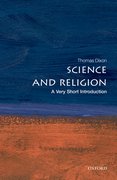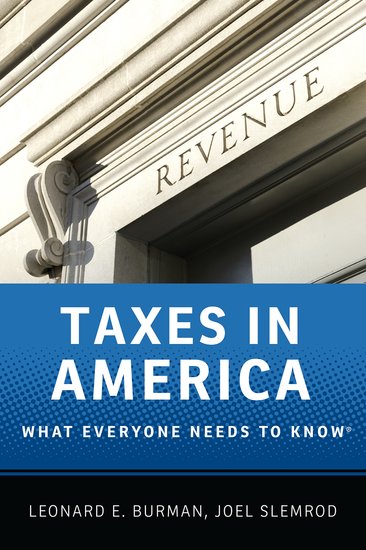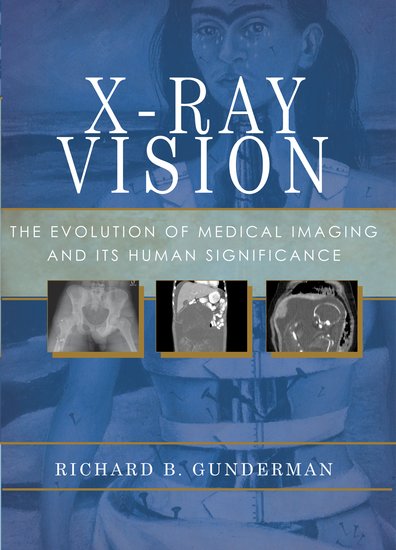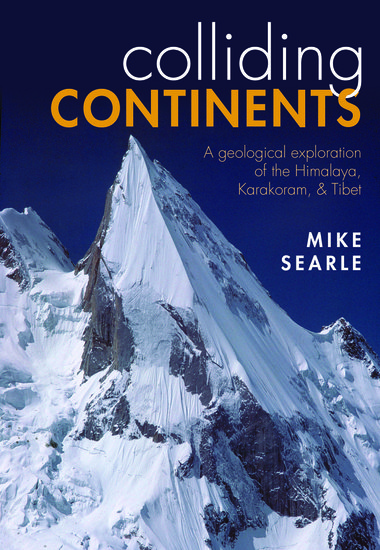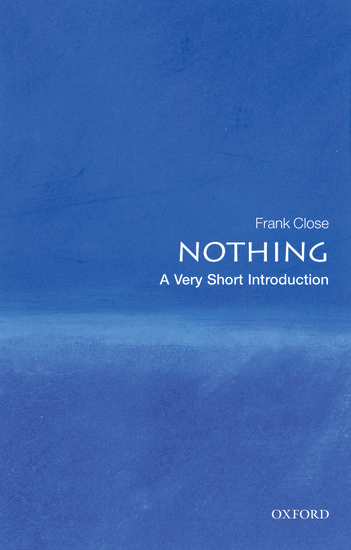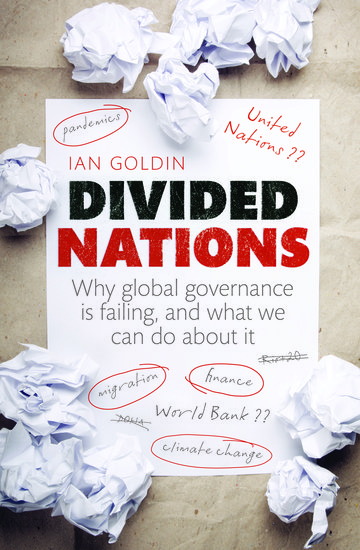Europa borealis: Reflections on the 2013 Eurovision Song Contest Malmö
By Philip V. Bohlman and Dafni Tragaki
In the spirit of the Eurovision Song Contest motto for 2013 “We Are One,” we seek the common space afforded by dialogic reflections on the European unity that has inspired and eluded the Eurovision since 1956. We search to rescue stretto from the fragments of the largest and most spectacular popular-music competition in the world.




